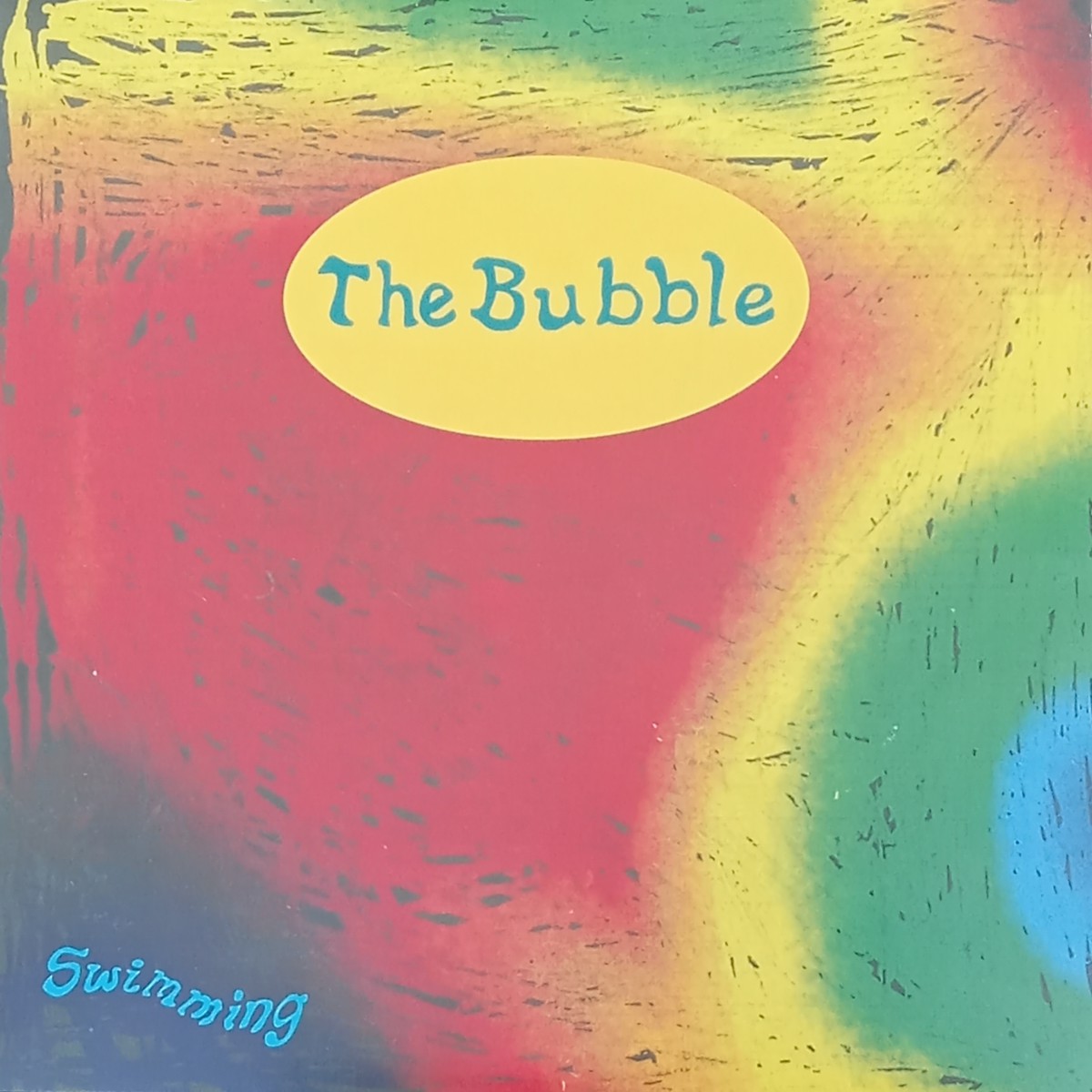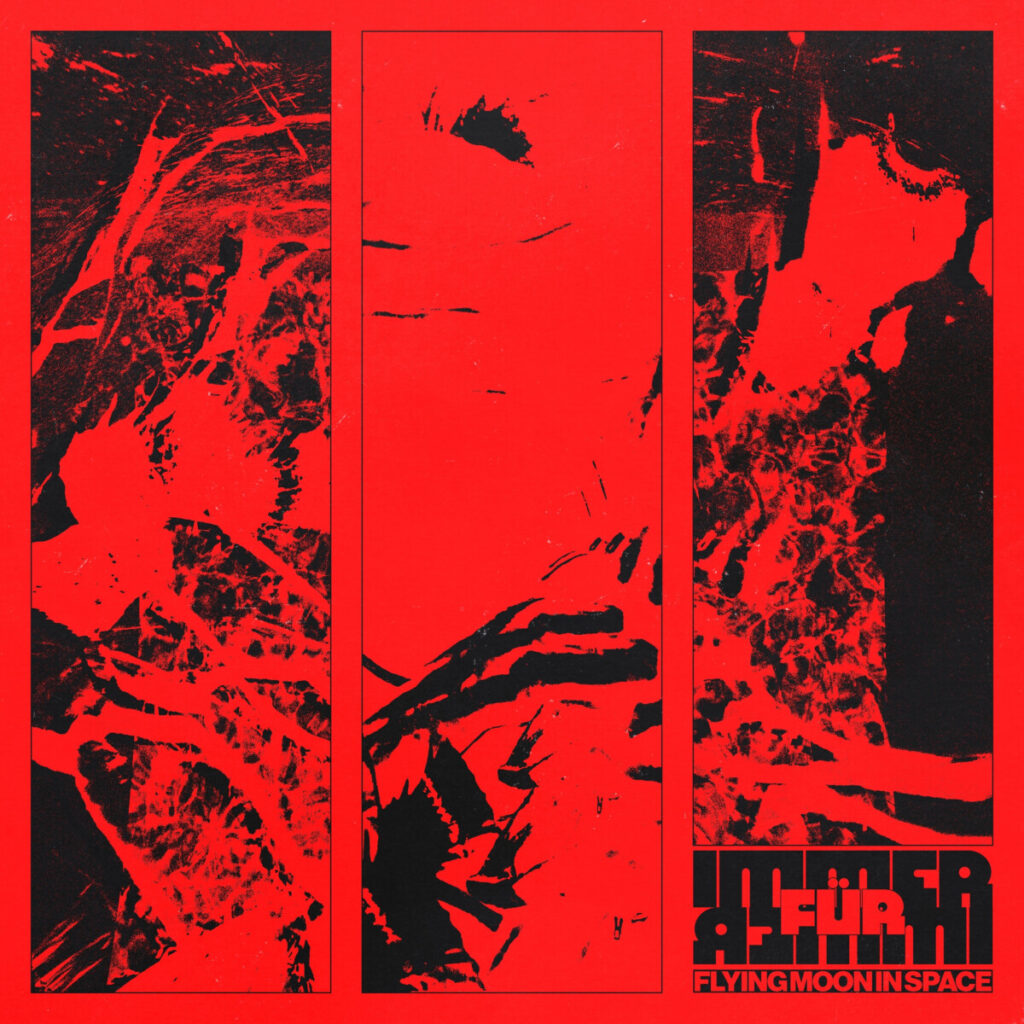Swimming by The Bubble–Album Review
Swimming by The Bubble–Album Review
The Bubble, a collective comprised of over thirty-five musicians and helmed by Steve Zimmerman, the man who runs Jupiter Records in Wilmington, Delaware, recently released their debut album Swimming–an effort thirty years in the making. Swimming features many acclaimed artists, not the least of which is Claude Coleman, Jr. from the band Ween. The LP is psychedelic, experimental, and cutting edge and there’s an incredible amount of variation in the instruments and effects used, to the point where every single track has something unique going on within it.
However, what exactly took this album thirty years to be recorded and released can be difficult to identify. Don’t take that the wrong way, there is a tremendous amount of attention to detail throughout this album, but it’s only present in that form: detail. There is no grand scope on Swimming, and it genuinely feels like the sum of its parts is greater than the whole. Most of the lyrics on the LP are simple, often sparse or cryptic to the point of appearing meaningless, making all of the time put into this album seem to have been skewed heavily towards honing the instrumental and sonic end of things, as opposed to crafting anything thematically conceptual. The result is a deliciously instrumented, if ultimately poppy, product.
There are moments on this album that are heavily inspired. The use of sound samples on this project is vibrant and fresh, and this is exactly when this album is at its strongest—with birds squawking, sirens wailing, jazz horns deconstructing the melody, an orchestra building intensely or falling apart, cherry bombs exploding, and abrasive synthesizers blending themselves together in chaotic haze between two verses. These are the parts of the album that come across as inventive and alive; conversely, the album is at its weakest during said verses, when The Bubble adopts more conventional melodies and rhythms, making each track feel constricted by an imposed structure when contrasted with the unrestricted sonic freedom found in those bridges and interludes, leaving us with a myriad of isolated moments on this album that are infinitely more memorable than the track surrounding them, and it almost feels “schizophonic”.
On “Spartus”, the psychedelic, drowned-out interlude that bridges the song’s first half to its second spans nearly two minutes and is itself one of the more interesting moments on the entire album. Similarly, on “Going Ground”, the band uses a horn section and piano over the top of an abrasive synthesizer in a moment of muggy, clarifying beauty. The instrumental centerpiece of “Gravy” is an insane gothic march of solid noise. “Elliot”, in its final act, falls apart in a thrill before reinventing itself.
Swimming is an album focused on trying so many things and doing so much in a perpetual state of change, that it forgets to do too much at all with itself. This album is a string of gorgeous, intensely variable, painfully creative interludes, bridges, and moments strung together by vague lyricism and traditional sound structures. Part of me wishes the creators had the courage to fully embrace and commit to some of the ideas present on these tracks. Overall, though, it’s a remarkable album worth hearing.
Gallery
Recent Articles
Can Molly Mend Your Marriage?
•
February 16, 2026
Immer Für Immer by Flying Moon in Space–Album Review
•
February 13, 2026

Loading...



